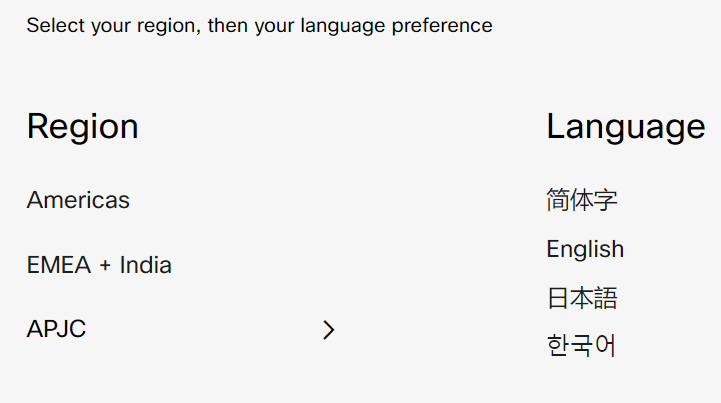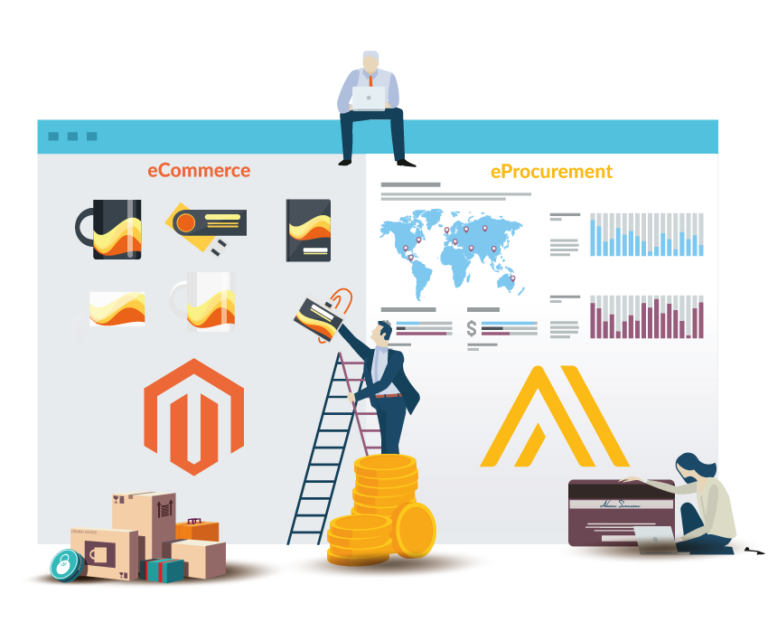Global trading from your website can be a minefield – sales tax, translations, and so on can be difficult to add to an existing website, creating complications you may not anticipate. Two principles guide all of this – Trust and Clarity. You have to trust that the information is being communicated clearly – for example, the price “7.5” and “7,5” (dot versus comma) might be interpreted differently by British and European customers. Clarity follows this – ensuring the message is clear, if the price is showing as “$7.50”, Canadian viewers may assume Canadian dollars, and Australian viewers Australian dollars.
Here are six of our best tools for helping you create a website that works world-wide:
1. Human Translation
Yes – machine translation is incredibly good, but sometimes the human touch is needed. You might be translating into a language you don’t understand, and yet the language is representing your brand, your products, your company. It’s important to trust that the text is a good, trustworthy representation of the product and your business.
Semi-automated systems work really well – one of our favourite tools is an add-on for Magento by Straker Translation, which allowed for translation of our automatically-updated product information across many languages for a well known global video meeting company:

2. Number representation
In the western English-speaking world, it’s common to use a decimal point, and to put the symbol on the left: “£4.99”
Fortunately these days, every e-Commerce system supports use of a “locale” – a combination of country and language, which tells the system how to present numbers, dates, times and other information. Even within continental Europe, there are different conventions – such as Swiss “1 000,00” versus French “1.000,00”. There are also differences between countries speaking the same language – such as Brazilian Portuguese versus Portuguese Portuguese.
Even with support from the software, understanding these representations is important – your beautiful promotional graphic image which includes the special offer price might need to be altered per country.
3. Theme Changes per Locale
What’s pleasing to the western eye might not translate well throughout the world. For example, white is considered an unlucky colour in China, while red is considered lucky. Purple is associated with royalty in England, while in Thailand it’s a colour of mourning. By allowing for slight variations on a theme per country or language, you can be considerate of your customers no matter where they’re from.
Words can also take up different types of space depending on the language – German is famous for super-long words, while Japanese kanji fit nicely into a square grid. Your native-language speakers and designers may need to work closely together to ensure each language has the right layout.
4. Multiple Warehouses
Many world-wide sales websites have multiple warehouses in different regions of the world – either “3PL” (3rd party logistics) or part of the same group of companies. To correctly calculate sales tax and shipping, and track inventory levels, your e-Commerce system, and the bespoke connections it has to other systems, will need to be aware of where goods are shipped from.
We favour Magento for this – its rich eco-system of existing integrations with warehouse systems, and its understanding of stock locations, leads to a system that we can fine-tune for your exact requirements, ensuring the right shipping and tax calculations, and making inventory management simpler.
5. Shipping Quotes and Integrations
Following on from multiple warehouses, you may have different shipping providers in each region of the world. For example, the we’ve heard anecdotally from clients that the British Royal Mail are surprisingly good at getting packages into Russia, whereas shipping from England to continental Europe requires all the right paperwork – or risk your packages being destroyed!
Most shipping providers have integrations for all the popular e-Commerce systems, but it requires some careful configuration of these to make sure you give the right quotes – for example, the system needs to know where the packages will be shipping from.
6. Gift Cards
Online Gift Cards are a great way to incentivise clients – for example, your corporate client might give away some free branded merchandise to their new staff, but allow staff to choose their own items up to $50 value.
We’ve used Mageworx Gift Cards – with some customisations to allow for automation and connection to ERP systems – to provide these facilities to some well known global brands.
However – it’s important to know local laws when using gift cards – for example, under US law, gift cards can never expire!











